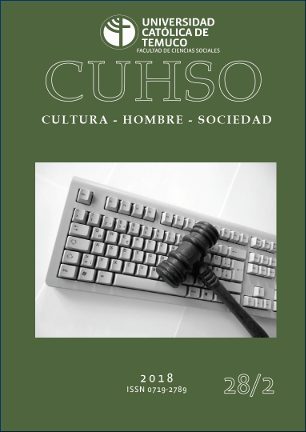Abstract
During the last years, different voices have taken part in the debate on the incorporation of electronic voting in the electoral administration of Chile. Either for reasons of efficiency, rapid delivery of results or under the promise of improving citizen participation, its promoters see in its implementation the solution to phenomena such as the sustained increase in abstention or eventual electoral fraud.
However, applying technological solutions to political problems requires introducing an evaluation that puts the emphasis on the political rights of any electoral system. In this way, the present investigation will aim to establish to
what extent the electronic vote satisfies a cost-benefit analysis, whose centrality will be the democratic guarantees put into play, as well as the essential features of the technologies involved in its operation.
Because of its critical infrastructure nature, and considering comparative experiences, it is not possible to affirm that electronic voting complies with inseparable elements of an act of voting: auditability, integrity and secrecy of
the vote. Moreover, due to the characteristics of these technologies, these three variables cannot be verified in practice. Therefore, the implementation of electronic voting is not adequate for our electoral system.

This work is licensed under a Creative Commons Attribution-NonCommercial-ShareAlike 4.0 International License.
Copyright (c) 2022 Pablo Agustin Viollier Bonvin, Bastián Riveros

